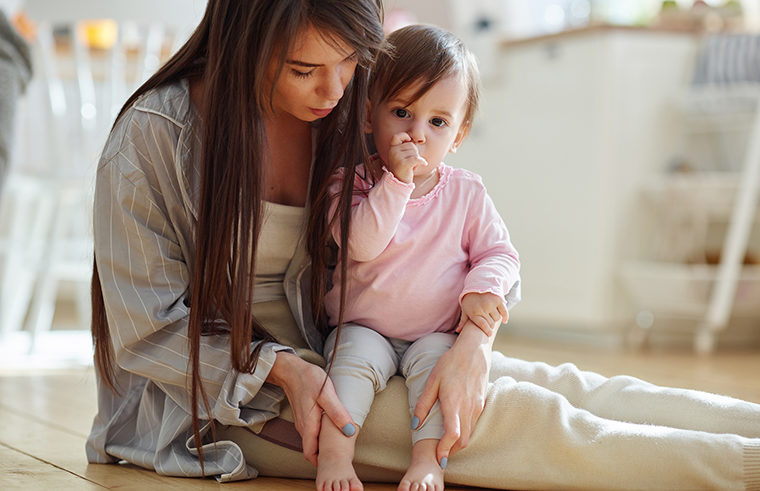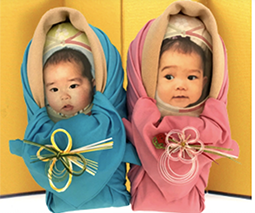No sh*t, Sherlock! Mums earn less, do more housework, are worse off than dads

The latest Household, Income and Labour Dynamics in Australia (HILDA) survey reveals what many women already know – that they’re doing lots more housework and childcare than men, while getting paid less and (on average) being better educated.
Women are doing a lot of unpaid work
Launched back in 2001, the HILDA survey now follows over 17,500 people in 9,500 households, tracking their economic wellbeing, health and family life. The latest findings from this fascinating research uncovered some pretty startling truths.
“Despite much public discussion about improving the lot of women in Australia, on many measures there has been relatively little progress this century,” HILDA survey co-author, Professor Roger Wilkins said, The Australian Financial Review reports.
The latest HILDA data found that more women than men hold a university degree, but they’re still suffering financially because of an entrenched pay gap between men and women and doing a lot of unpaid work around the home.

Married women with children are also busting out 30 hours of housework a week – compared to 15 hours from the gents. Married women with kids are spending 24 hours a week on childcare, while their partners are spending 11 hours doing the same. While married dads have amped up their contribution to housework by one hour a week since the 2002 assessment, women with kids are still doing more than 60 percent of housework and childcare.
That said, married men with kids are commuting and working for 47 hours a week. Married women with kids are spending 22 hours doing the same. Because they’re spending more than half their lives balancing work, kids and vacuuming etc.
A sharp divide
Professor Wilkins says that once kids arrive on the scene, lines are drawn pretty clearly between genders.
“Once the first child arrives … there’s a sharp divide that opens up between men and women. Women withdraw, to a large extent, from the labour market and men, to a large extent, withdraw from the home production – if you like, from the housework and the care.”
“What’s really interesting is how this persists. So even once the children age and move through school and even beyond, we still see this division persisting. So the arrival of the child precipitates a change, so even when the care requirements of the children diminish and so forth, we still see this divide between men and women persist.”
He notes that this can leave women vulnerable if the marriage breaks down. They’ll usually be less financially literate, have less career opportunities after being out of the workforce and have less superannuation than their partner.

Using more – and spending more – on childcare
HILDA says use of childcare by Australian families has increased – and the amount of family income spent on childcare has skyrocketed.
In 2015 and 2016, around half of parents with children under the age of five used some sort of paid childcare. This was up from approximately 44 percent using childcare prior to school enrolment in 2013 and 2014.
In 2002 and 2003 the average weekly expenditure on childcare for families whose kids are not yet at school was $71 for couple families and $44 for single-parent families.
But in 2015 and 2016, the corresponding figures were $154 and $102, a whopping increase in childcare costs of 119 percent and 133 percent, respectively.
HILDA suggests this leap is due to parents perhaps adding children to their family, using more childcare hours or simply the hourly rate for childcare going up.
The HILDA report also dug deep into what we’re earning, how much financial pressure we’re under, what we’re spending our money on, how we view relationships, where we live and how we get about (to name but a few study areas covered.)
You can read more about Australians like you, thanks to HILDA, over here.









